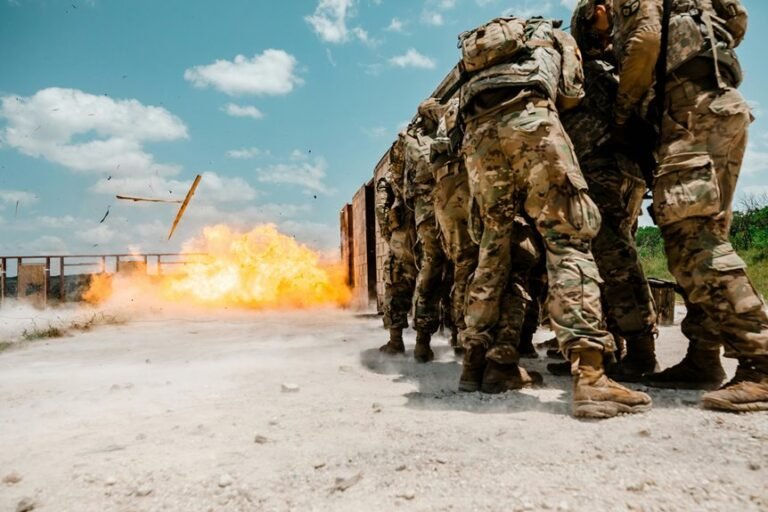
In the hospitality industry, understanding the function of the Risk and Oversight Unit is essential for maintaining operational integrity. This unit not only identifies potential risks but also ensures compliance with regulatory standards. By engaging with this unit, you can enhance your hotel’s resilience and decision-making processes. However, the specifics of how these services can directly impact your operations remain to be explored. What best practices should your hotel implement to fully leverage this unit’s expertise?
Understanding the Role of the Risk and Oversight Unit
The Risk and Oversight Unit plays a crucial role in identifying, assessing, and mitigating potential risks within hotel operations.
You’ll find that their focus on risk assessment ensures that all aspects of the hotel meet necessary standards.
Through compliance monitoring, they not only safeguard against regulatory issues but also promote a culture of accountability, enabling you to operate with confidence and freedom.
Key Services Offered by the Risk and Oversight Unit
In addition to risk assessment and compliance monitoring, the Risk and Oversight Unit offers a range of services designed to enhance operational integrity.
You’ll find tailored training programs, detailed audit evaluations, and proactive incident response strategies.
These services not only help identify vulnerabilities but also ensure your organization adheres to regulatory standards, empowering you to operate with confidence and freedom.
Benefits of Engaging With the Risk and Oversight Unit
Engaging with the Risk and Oversight Unit not only strengthens your organization’s risk management framework but also fosters a culture of accountability and transparency.
By leveraging collaborative strategies, you can identify potential risks early and implement proactive measures to mitigate them.
This approach enhances decision-making, empowers your team, and ultimately leads to a more resilient and adaptable organization, ensuring your freedom to thrive.
Best Practices for Hotels in Risk Management
While navigating the complexities of the hospitality industry, implementing best practices in risk management becomes essential for hotels aiming to protect their assets and reputation.
Conduct regular risk assessments to identify vulnerabilities, ensuring proactive measures are taken.
Develop a robust crisis management plan, training staff effectively to respond swiftly to emergencies.
These practices empower your hotel to maintain operational integrity and foster guest trust.
Conclusion
In conclusion, engaging with the Risk and Oversight Unit is like having a skilled navigator on a treacherous sea. Just as a navigator identifies hidden reefs and guides the ship safely to port, this unit helps hotels chart a course through potential risks. By leveraging their expertise, you’re not only safeguarding your operations but also fostering a culture of accountability among your staff. Ultimately, this proactive approach can transform risks into opportunities for growth and resilience in your hotel’s journey.